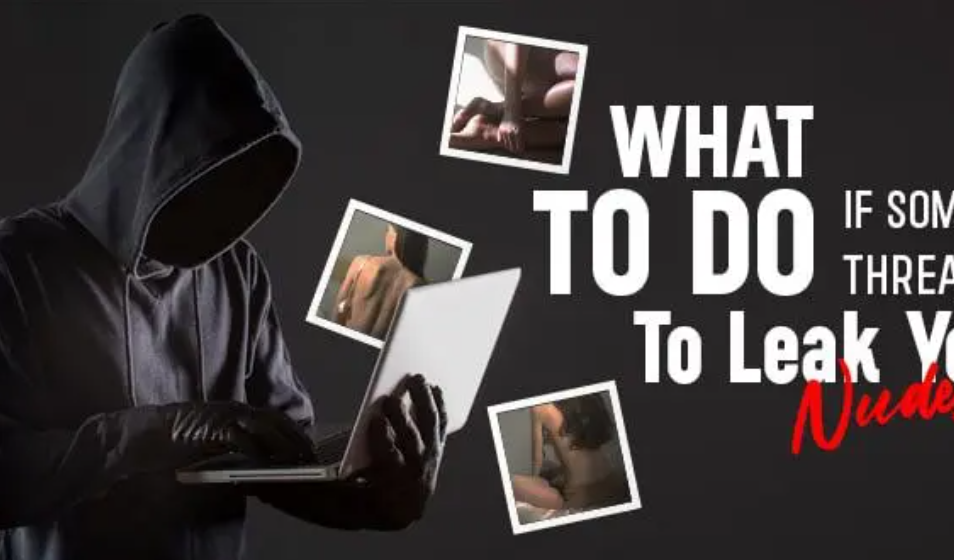
What To Do If Someone Threatens To Release Your Nudes

If you are facing a situation where someone threatens to release intimate or compromising images of you, it’s important to stay calm and take appropriate actions to protect yourself.
This can be a highly stressful and upsetting experience, but there are steps you can take to minimize the potential harm and regain control over the situation.
Below are some practical steps to help you respond to the threat and protect your privacy:
1. Do not engage with the threatener
Avoid responding to the person making the threat. Engaging can escalate the situation.
2. Document everything
Keep records of all communications with the individual making the threat (screenshots, text messages, emails, etc.). This can be helpful for legal purposes later.
3. Contact authorities
If you’re in immediate danger or feel unsafe, contact your local law enforcement. Many places have laws that specifically address the non-consensual sharing of intimate images, often referred to as “revenge porn.” In some areas, cybercrimes or harassment laws can apply.
4. Reach out for legal support
Consult a lawyer who specializes in online harassment or privacy violations. They can guide you on what legal actions you can take, such as obtaining a restraining order or issuing a cease-and-desist letter. You may be able to take legal action against the person threatening you.
5. Contact the platform or website
If the person is threatening to release the images on social media, websites, or other online platforms, report the incident to the site administrators. Many social platforms have policies against harassment and non-consensual sharing of intimate images, and they can remove the content and potentially ban the individual involved. If necessary, you can also request that your content be removed from the internet through services that specialize in image removal.
6. Consider cybersecurity measures
If the person has access to your online accounts or is threatening to hack them, consider changing all your passwords and enabling two-factor authentication. If your images are stored online or on your phone, ensure they are backed up and delete anything that you don’t want the person to have access to.
7. Seek emotional support
Dealing with a situation like this can be emotionally overwhelming. Reach out to friends, family, or a mental health professional for support. There are also many advocacy groups that can offer resources and guidance for individuals going through this type of trauma.
8. Know your rights
In many countries, there are laws that protect against the non-consensual sharing of intimate images. These laws have become more prevalent in recent years, recognizing the harm caused by such threats.
Above all, remember that you have the right to your privacy, and no one should have control over your personal images without your consent. Seek help, and take action to protect yourself.




